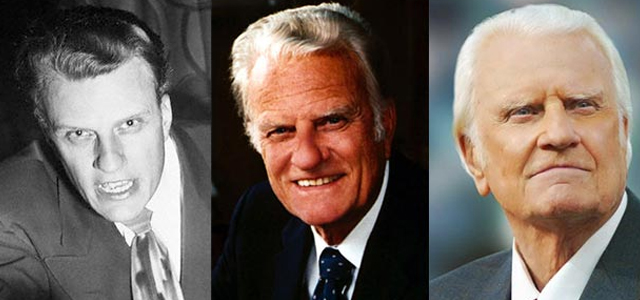Like many when they heard the news that Billy Graham had passed from this life, I went looking for quotable quotes from his preaching and writing. One that stood out was his declaration that the only time God didn’t answer his prayers was on the golf course. I can relate to that!
On a serious note, there was also this perspective on money: “there’s nothing wrong with (people) possessing riches”, he said. “The wrong comes when riches possess (people).” I thought this comment was relevant when I recently read the passage from John chapter 2 in which Jesus cleanses the Temple during Passover. That seems a fairly clear case of the way people’s attitudes, priorities and behaviours get distorted when they become driven by earning money, rather than hungering and thirsting for righteousness.
It’s a great story. Large crowds. Excitement and anticipation. Hustle and bustle. Noise and clamour. Pilgrims looking up and gasping, “there it is! The Temple – the place we’ve come to see.” Nothing wrong with the scene so far – it reminds me of many events that I’ve been to over the years, such as the Sydney Olympics, the night the Socceroos qualified for the 2006 World Cup or, of course, the Billy Graham Crusade in 1979.
But pay close attention to the crowd. Can you detect among some of them a growing sense of unease? Once they entered the Temple courts, instead of joining with others eager to meet with God, they found instead rows of tables where the money changers swapped shekels for temple cash. You couldn’t get in without having the right currency, but there was only one place to spend it and that was with the traders who sold the necessary sacrificial animals – bulls if you were rich, sheep if you were middle class and pigeons if you were poor. So many traders, all crying out for business, promising a better deal than the scoundrel at the next stall, all the while knowing full well what a fat margin had already been built into their price.
Is this how it was meant to be? Was it meant to be this stressful worshipping God? Was it meant to be this expensive?
Into this mess Jesus entered. A righteous indignation burned within Him. No, it was not meant to be like this! A house of prayer was not meant to be a rabble, a profiteering exercise that took advantage of God’s chosen people or a place where the eighth commandment was so flagrantly broken. Consumed by zeal for His Father’s house, Jesus of Nazareth calmly wound a corded rope into a whip and used it to drive them and their animals out of the Temple courts; He tipped out the money-changers coins and overturned their tables. “Take these things away,” He ordered. “Do not make my Father’s house a house of trade.”
What a breathtaking moment that would have been to witness!
What Jesus did was a powerful, dramatic and authoritative declaration of His own divinity. Just as faithful Jewish people would cleanse their own homes of leaven at Passover, so Jesus cleansed His Father’s house, in the process declaring Himself the unique Son of God with authority higher than that of the priests and the Temple building itself.
What Jesus did was a powerful, dramatic and authoritative demonstration that His ministry was one of cleansing. Just as He cleansed the Temple that day of all that distracted from God, so He continues to work to cleanse us of that which keeps us from a healthy relationship with God.
To bring it back to the Billy Graham quote, there was nothing wrong with the requirement that dedicated money was needed for use in the Temple precincts. What was wrong was the practice of exchanging it for everyday money at extortionate rates. There was nothing wrong with traders selling sacrificial animals to pilgrims visiting Jerusalem for the Passover – after all, they needed them in order to participate in the ceremonies. What was wrong, however, was doing it in the Temple precincts. Not only did this compound the impact of a bad exchange rate, but it turned the place that should have been set aside to allow worshippers to approach the house of God prayerfully into a “den of robbers”, as Luke’s account puts it. The desire of the priests and the traders to make money meant that the earthly elements of the process took over the focus and the attention from the heavenly, from God.
Some of us could have afforded to buy a bull at Passover; many of us would buy sheep; and others could afford only pigeons. Whatever our financial situation, however, the challenge we’ve been given, by both Jesus and the man who preached His gospel faithfully for so many years, is to keep our wealth in perspective and allow the temple of our lives to be cleansed by the Son of God. There’s nothing wrong with us possessing riches; the wrong comes when riches possess us.
Warren Bird, Executive Director of Uniting Financial Services.














